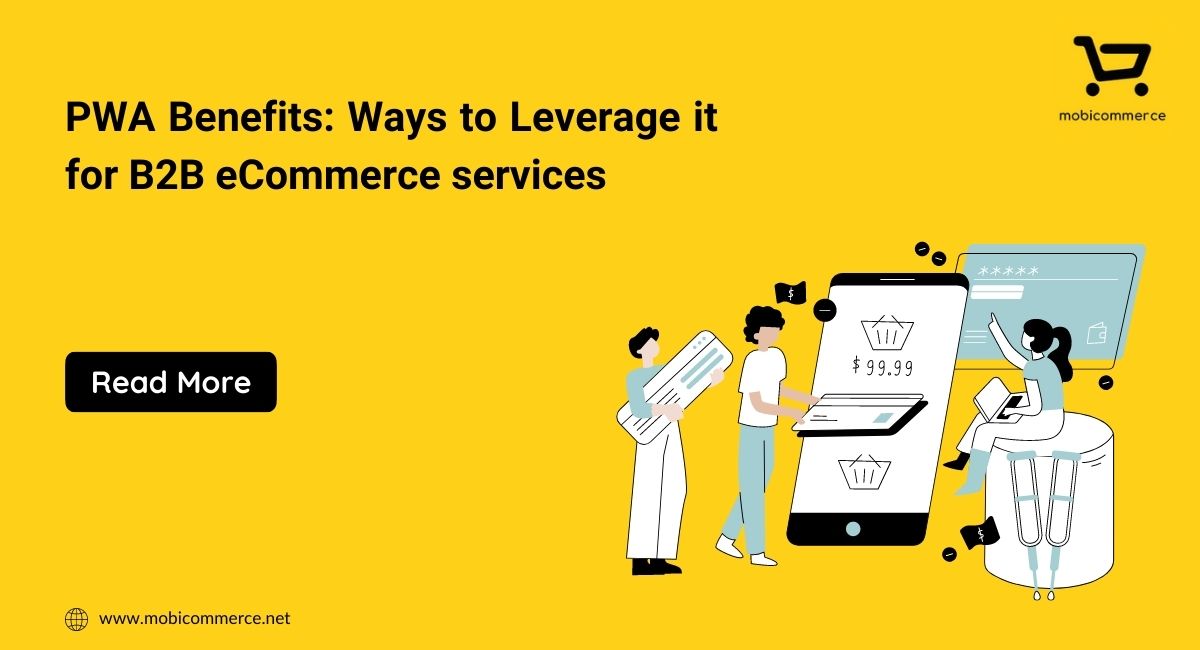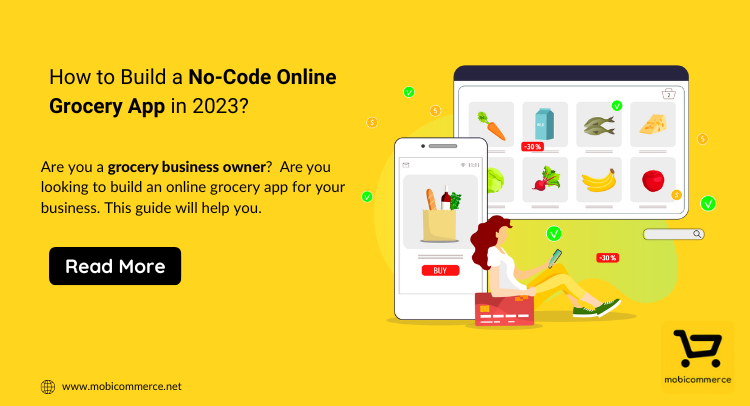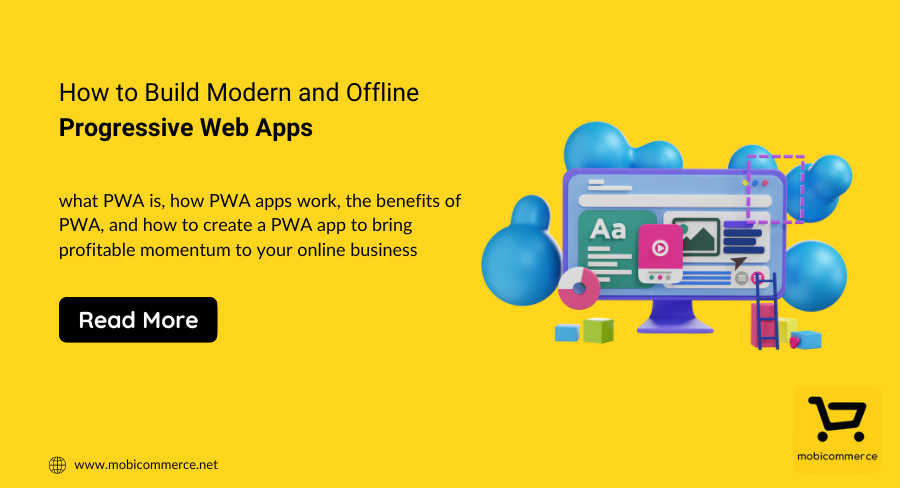In earlier times, customers were there where your sales are, but today, the time has changed, and you have to be there where your customers are. Confusing? Let’s understand it better and deeper.
When the technology was not so much advanced, all you have to do was to open your offline store and customers approached you for shopping but now, you not only have to be there offline but also on multiple online platforms on which you can not even guess your customers are, therefore, multi-channel presence and retailing is today the key to survival.
Customers are becoming so tech-savvy that they now are very well aware of the range of options they have to shop before settling for anything that bumps into them. Therefore, for an online retail business to stay alive and running, retailers must think about multi-channel retailing right now. But, what exactly is multi-channel selling or retailing?
It is a good thing to start your selling journey with one platform like setting up a shop through a website or marketplace but, you don’t need to be loyal to just one platform – instead, you must spread your selling across multiple channels eventually if you really want to bubble up your sales.
Multichannel selling is simply the process of selling your products on more than one sales channel. You can put up your products for sale on various touchpoints like your website and shopping cart (e.g. Shopify, Magento and WooCommerce), online marketplaces (e.g. Amazon, eBay and Etsy), mobile marketplaces (e.g. Wish), social media (e.g. Facebook and Instagram), comparison websites (e.g. Google), and bricks and mortar (i.e. your high street store).
By introducing multichannel into your eCommerce business model means you can not only explore new channels and expand the company’s approach to marketing, but also provide multiple paths to purchase for your customers. In short, you can be where your customers are.
If you are sceptical about the need for multi-channel selling then look for yourself the stats that show the significance of multi-channel retailing:
Now, the next thing that comes to mind, of course, will be the benefits. After all, everyone wants to ultimately know the advantages of it and hence here they are:
Being where your customers’ shop – Allow your customers the freedom of choice in where they buy from you.
Increasing your touchpoints and thus customer base – Customers never buy from the first platform they met you. They explore, research, read reviews, compare etc. before buying and hence increasing your touchpoints means more customers.
Reaching new markets (global coverage) – Even though you start small, make sure you expand your business may be worldwide as it gives you the opportunity to learn about different markets and customers.
Staying ahead of the competition – The competition is fierce in the online market and to stay ahead, expanding your sales on multiple channels is the only way.
Reduce/Diversify risk – Business is unpredictable. Loss can happen anytime. Therefore, depending upon a single channel for sales and profit is risky. Selling on multiple channels will reduce that risk and keep your chances of winning open.
Create a unified experience- By creating a unified shopping and selling experience on multiple channels, you can achieve regular shoppers who keep coming back to you.
Expanding brand recognition and enhancing product visibility – Your presence on multiple channels means people will recognise you and your products more and will subconsciously trust and shop from you.
Remember that customers never stay at one platform. They keep on exploring and migrating to others in search of offers, convenience, urgency, etc. In fact, before deciding upon a product for purchase they like to visit a range of channels and hence, being present at multiple platforms has become a necessity. Also, on more the channels you are selling, the more is the chance of sales which means more revenue. In short, multichannel selling is the future. When your customers are becoming tech-savvy, you got to up your digital game if you don’t want to be left out.
You need to follow simple steps to get started with multichannel selling.
Step 1: Fix upon a framework
Various famous frameworks like Magento, WooCommerce, PrestaShop, Opencart, etc. are available with excellent features that can work wonders if you are planning to multi-sell. You can either migrate your online store to any of these platforms or build your multi-channel business from scratch using Magento which is the best-suited platform for it.
Step 2: Select the desired platforms or marketplaces
Platform selection is one of the most important steps for multi-channel eCommerce while for marketplaces, consider the best and trending like Amazon, eBay, Walmart etc.
Step 3: Find a multivendor marketplace solution provider
After fixing upon what you need and how you will need someone to execute it efficiently. Approach an experienced marketplace development company who will help you with your multichannel eCommerce setup.
What to expect?
With multichannel integration, you can achieve:
In a nutshell
Multichannel selling has undoubtedly become a necessity with customers exploring various platforms for shopping. Hence, you got to be there where your customers are in today’s time. If you don’t want to be a seller on a third-party platform, you can get your marketplace developed and get started with your multichannel selling easily by choosing the best platform like Magento which is perfect for multi-channel integration and whose experts you can find at none other than MobiCommerce.

In order to improve user experience, businesses are increasingly turning to progressive web apps, which combine the best features of regular apps and websites. Ecommerce businesses which have created mobile-first PWAs have seen significantly faster page loading times, better conversion rates and improved engagement. On average, a website using PWA can increase speed performance by… Continue reading PWA benefits: Ways to Leverage it for B2B eCommerce services

If you have a grocery store and you are looking to take your business to the next level, then this is the right time to invest in grocery mobile apps. A report by Oberlo suggests that online grocery sales in the US are expected to reach $160.91 by 2023. Not only this, the revenue continues… Continue reading How to Build a No-Code Online Grocery App in 2023?

Most businesses create an app to establish their business in the digital world. But after some time, these businesses end up investing much more money by creating different versions and similar apps for different operating systems to stay relevant in the market. Later on, this choice of businesses becomes painful as they spend more money… Continue reading How to Build Modern and Offline Progressive Web Apps
Sign up for our newsletter and be the first to receive all the latest updates.
Request a callback from us by filling the form below.

Get your project estimate. Brainstorm business ideas. Book a demo. Get complete support and so much more!